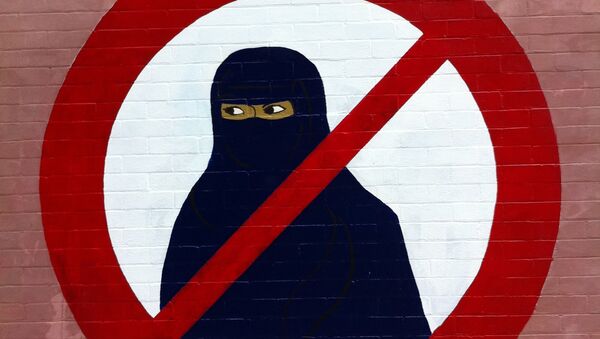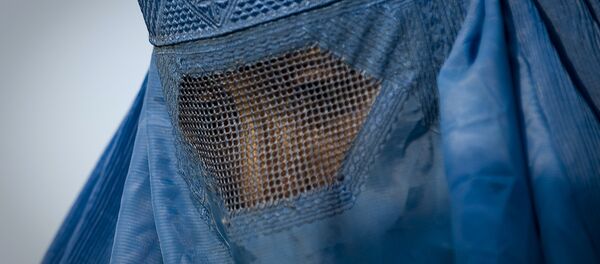Sputnik: The bill was first passed by the Dutch lower house of parliament in 2016. Why do you think it took it two years to go through the upper house?
Joachim Paul: In the Netherlands we see a tremendous political change with the leftists and Social-Democrats losing about 19 percent. I guess that Geert Wilders is the most important politician there. He is the pioneer of criticism of Islam and I think that these views on Islamization needed to reach the political spheres. This law reflects the changing views in the Netherlands.
Sputnik: Why is it so important to introduce this in terms of maintaining security?
Sputnik: And what was the general feedback of the German population and political parties? Are there any differences of opinion or is there general acceptance of all this?
Joachim Paul: Just as in the Netherlands, there is growing skepticism about a development which we describe as Islamization. In Germany we have about 10,000 people who are followers of the so-called Salafist movement, which means that they are extremists and radicals so there is growing concern among the majority of people in Germany to resolve the problem of Islamization. Like in the Netherlands, there is a change in Germany, our party is growing and the leftist parties sooner or later will have to embrace this new policy or lose their political power.
Sputnik: And what’s your take on the argument that these bans violate the rights of religious minorities?
READ MORE: 'Zorro of the Niqab' Millionaire Pledges to Pay Danish 'Burqa Fines'
Joachim Paul: We believe that men and women are equal and that nobody should be forced to wear burqas, veils or headscarves. Religious freedom is not an isolated right; it is embedded in our constitution with other rights like freedom of expression, of opinion. Our constitution also stipulates that women and men are equal and you need to have in mind that these girls and women come from clan structures, from families and have a strong connection with Islamist and extremist ideas and we don’t want them in Germany.
The views expressed in this article are solely those of the speaker and do not necessarily reflect the official position of Sputnik.



